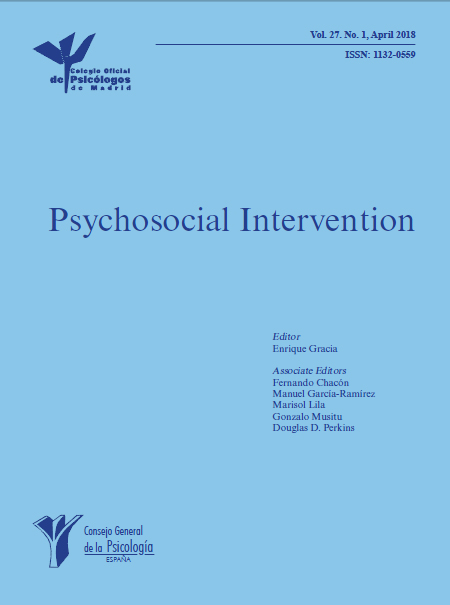
In search of a fast screening method for detecting the malingering of cognitive impairment
[In search of a fast screening method for detecting the malingering of cognitive impairment]
Guadalupe Sánchez; Fernando Jiménez; Amada Ampudia; and Vicente Merino
Abstract
Forensic settings demand expedient and conclusive forensic psychological assessment. The aim of this study was to design a simple and fast, but reliable psychometric instrument for detecting the malingering of cognitive impairment. In a quasi-experimental design, 156 individuals were divided into three groups: a normal group with no cognitive impairment; a Mild Cognitive Impairment (MCI) group; and a group of informed malingerers with no MCI who feigned cognitive impairment. Receiver Operating Curve (ROC) analysis of the Test of Memory Malingering (TOMM), and of several subtests of the Wechsler Memory Scale (WMS-III) revealed that the WMS-III was as reliable and accurate as the TOMM in discriminating malingerers from the honest. The results revealed that the diagnostic accuracy, sensitivity and specificity of the WMS-III Auditory Recognition Delayed of Verbal Paired Associates subtest was similar to the TOMM in discriminating malingering from genuine memory impairment. In conclusion, the WMS-III Recognition of Verbal Paired Associates subtest and the TOMM provide a fast, valid and reliable screening method for detecting Guardar the malingering of cognitive impairment.
Resumen
Forensic settings demand expedient and conclusive forensic psychological assessment. The aim of this study was to design a simple and fast, but reliable psychometric instrument for detecting the malingering of cognitive impairment. In a quasi-experimental design, 156 individuals were divided into three groups: a normal group with no cognitive impairment; a Mild Cognitive Impairment (MCI) group; and a group of informed malingerers with no MCI who feigned cognitive impairment. Receiver Operating Curve (ROC) analysis of the Test of Memory Malingering (TOMM), and of several subtests of the Wechsler Memory Scale (WMS-III) revealed that the WMS-III was as reliable and accurate as the TOMM in discriminating malingerers from the honest. The results revealed that the diagnostic accuracy, sensitivity and specificity of the WMS-III Auditory Recognition Delayed of Verbal Paired Associates subtest was similar to the TOMM in discriminating malingering from genuine memory impairment. In conclusion, the WMS-III Recognition of Verbal Paired Associates subtest and the TOMM provide a fast, valid and reliable screening method for detecting Guardar the malingering of cognitive impairment.
Copyright © 2026. Colegio Oficial de la Psicología de Madrid















